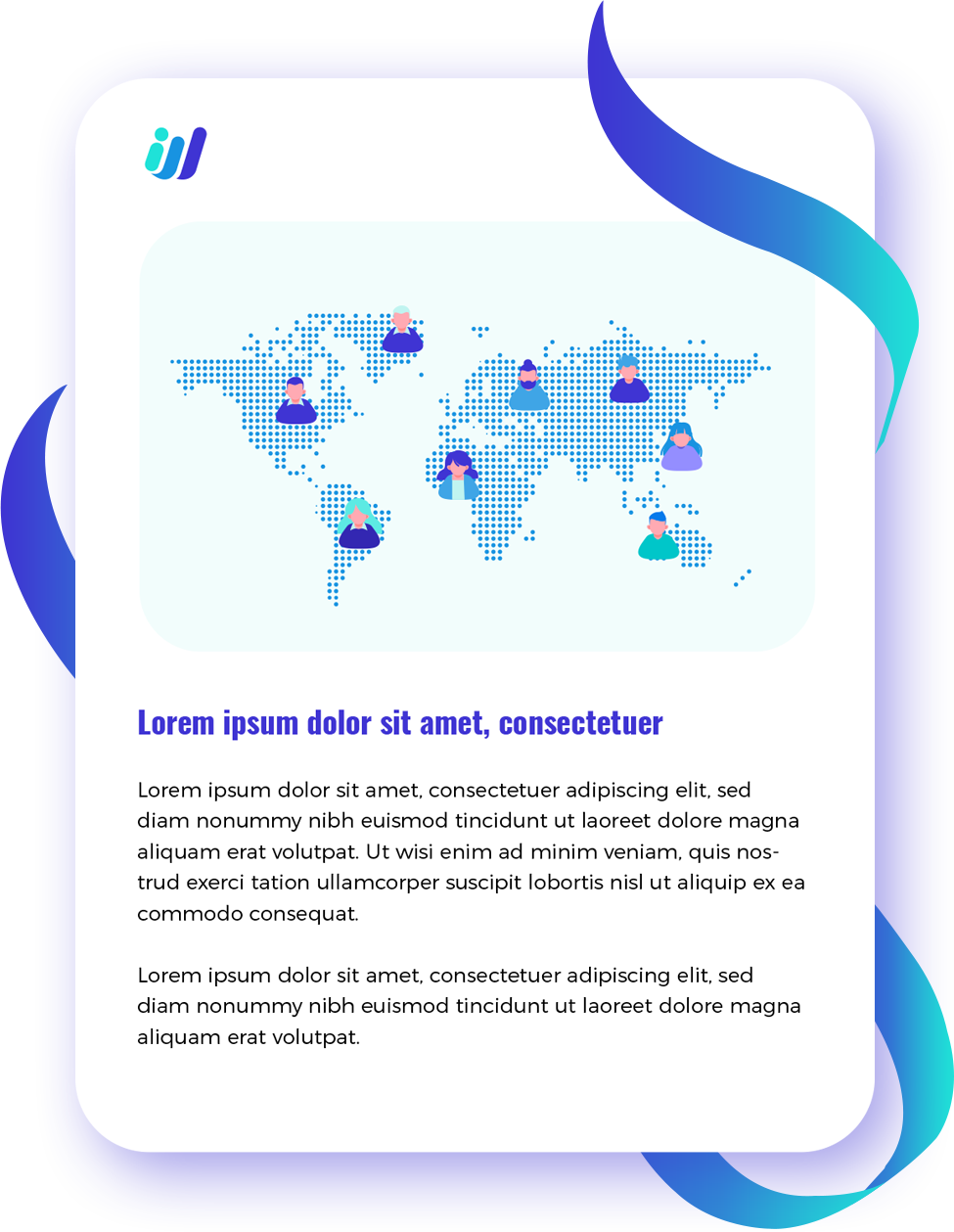Introduction
If you’re considering outsourcing your business, you’ll want to know about political risk. Political risk is the chance that your contract will be canceled or delayed because of political factors in a country where you’re doing business. It can be difficult to assess before signing on with an overseas partner and even more difficult to mitigate once you’re committed, but it’s important that your company understands its potential risks before making any commitments. Here are some tips to weigh political risk:
There are several ways to mitigate political risk before outsourcing.
You can mitigate political risk before outsourcing by conducting a review of your company’s policies, laws and regulations. You should also consider whether or not your country is on the list of countries where the U.S. Department of Commerce has issued sanctions against individuals or entities that are related to terrorism or human rights abuses (i.e., Cuba, Sudan).
Find an outsourcing provider with access to political risk insurance (PRI).
To find a PRI provider, you can search through the list of insurance providers on the International Risk Governance Institute (IRGI) website. You may also want to contact your local office of the United Nations or World Bank’s Development Assistance Committee to see if they have any recommendations.
Once you have identified one or more options for purchasing PRI, it’s important that you understand what type of coverage is available and how much it costs before making a decision about which option makes most sense for your organization.
Look for a partner that can share the burden of risk.
If you’re looking for a partner, it helps to be clear about what you’re looking for. You want someone who has a strong presence in the country, and not just because of the political risk. If your company isn’t based there or hasn’t done much business with them before, they might not understand the local market well enough to know how best to approach it—and even if they do, they may not have enough experience doing similar projects on this scale.
Look at their track record of success in other countries too; if they’ve had great results with similar markets where political risk was less of an issue (like China), then chances are good that things will go smoothly here too!
Consider a shorter contract period.
When it comes to political risk, short-term projects are more likely to be affected by political events than long-term ones. A company that is only planning to do business with you for a few months may not have the same concerns as one that’s looking at 20 years of business together.
If your project is less than three years in length and involves dealing with multiple countries or regions around the world, consider taking out an insurance policy so that your contract doesn’t expire before you’ve finished your work!
But if you’re building out a big global network of clients and partners over several years, then there’s no reason why they shouldn’t be able to rely on their relationships with each other—and vice versa—for future projects too!
Understand your contract’s force majeure clause.
The force majeure clause is a contractual clause that allows a party to suspend performance of its obligations under a contract due to circumstances beyond its reasonable control.
Force majeure clauses can be used to suspend performance due to political risk, but it should be noted that not all countries have this type of agreement in place. In fact, it’s rare for governments or companies with significant international operations (such as banks) to include them in their contracts.
Determine whether political factors will impact labor costs.
- Determine whether political factors will impact labor costs.
- Consider the local economic, political and labor conditions. Do you know what it’s like to live in a country where strikes are common? Does your company have any experience working with unions or having problems with them? If so, this might not be a good choice for your business. It’s also important to consider laws that could impact how much you pay employees—or even if they’re allowed at all!
Conduct a local business and regulatory environment risk assessment.
In order to determine the political risks associated with your business, you should first conduct a thorough review of the local business environment. This may include:
- What are the tax rates?
- How easy is it to set up a company?
- What is the political climate like in this country (or region)? If there are any recent events that could impact your operations, make sure you know about them before making any decisions about whether or not it’s safe for your employees to work there.
Ask about the country’s tax structure and currency exchange rates.
- Ask about the country’s tax structure and currency exchange rates.
- Taxes can be a significant expense for businesses, especially if you’re operating in another country. Currency exchange rates can also be volatile and affect your cost of outsourcing or importing goods and services.
Conclusion
As the world becomes more and more connected, companies that have employees in multiple countries need to be aware of political risks. It is common practice for companies to outsource certain functions such as customer support or sales when they are unable to do so themselves due to high labor costs or other issues with local business conditions. However, this can still lead to unexpected consequences if risk assessments aren’t done correctly beforehand!
When done right, outsourcing sparks startup success, increases the chance for thriving, and clears the path toward sustainable and guaranteed growth. Let us help you find top talents in IT, technical support, digital marketing, and cloud services so you can leverage all the benefits of outsourcing in the new normal. Request a FREE copy of the e-book on Third Wave Outsourcing .



